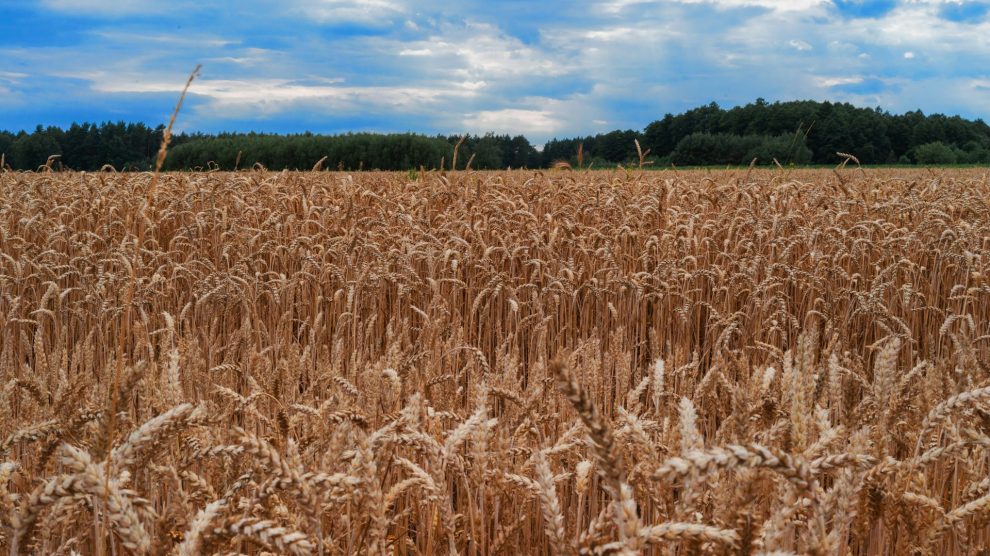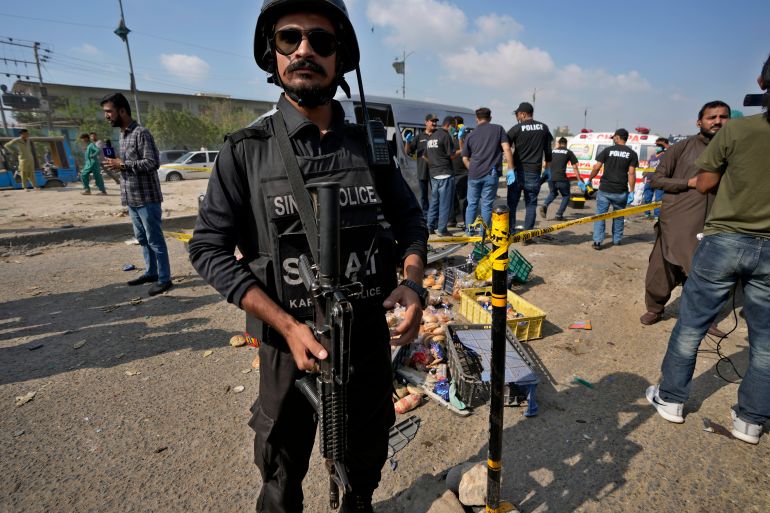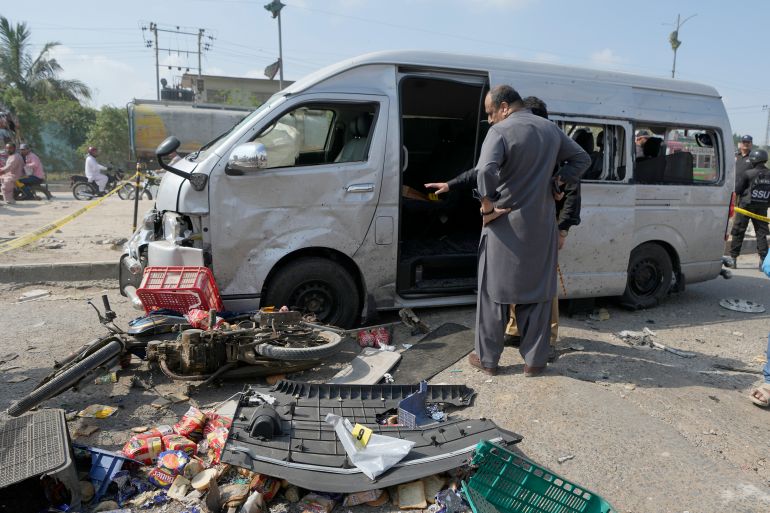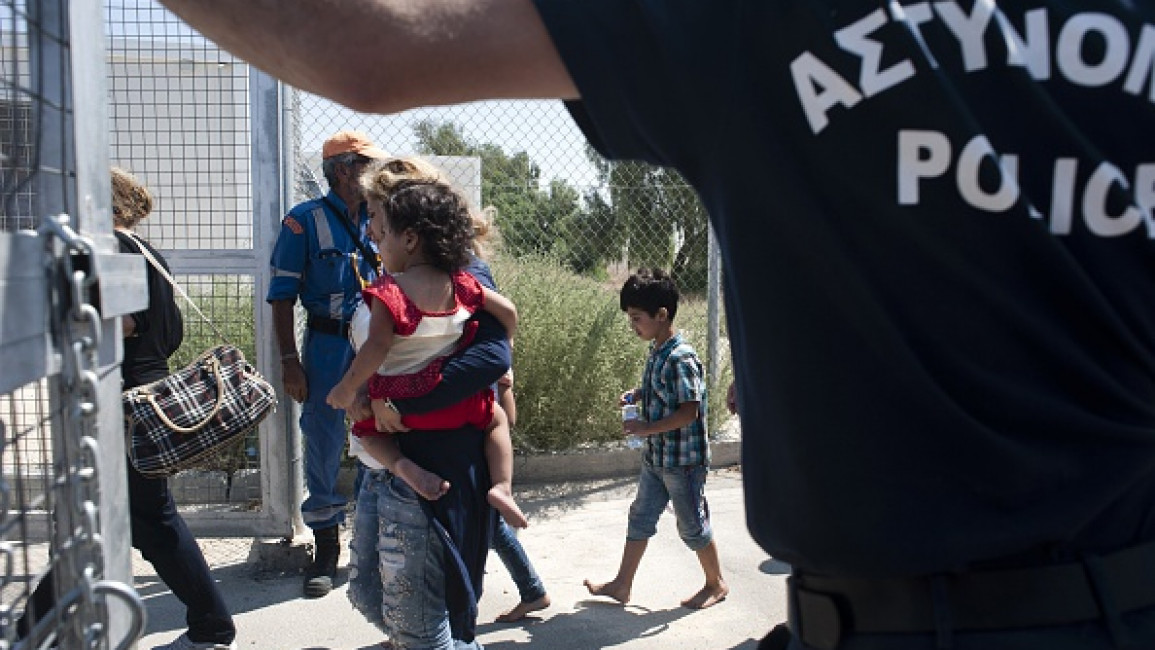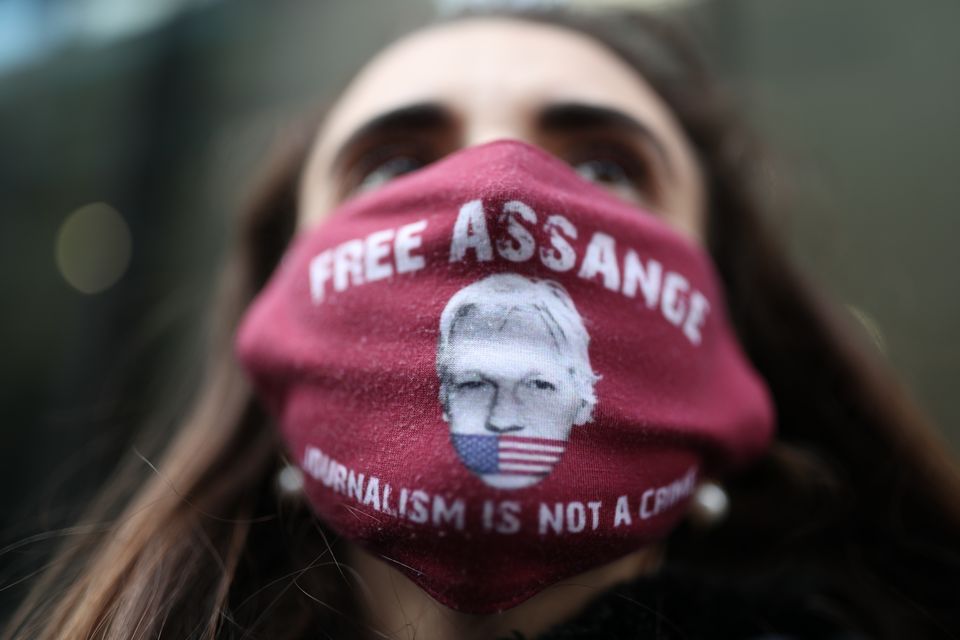WHO to Asharq Al-Awsat: Sudanese Hospitals on the Verge of Collapse

Patients receiving treatment at Gedaref Hospital in eastern Sudan (AFP)
Riyadh: Fatehelrahman Yousif
19 April 2024 AD ـ 10 Shawwal 1445 AH
The World Health Organization (WHO) warned that Sudan’s hospitals are on the verge of collapse.
In remarks to Asharq Al-Awsat, the WHO Regional Director for the Eastern Mediterranean, Hanan Hassan Balkhi, revealed that about 70 to 80 percent of hospitals in the war-torn provinces were not operating, either due to prolonged attacks, shortage of medical supplies and equipment, or lack of health workers.”
Moreover, the WHO regional director attributed part of the crisis in hospitals to “lack of security,” in addition to the fact that the health system in Sudan “was already exhausted before the war, and is now on the verge of collapse.”
She urged the international community to expedite the delivery of humanitarian aid and work to end the ongoing hostilities in the country, stressing the need to implement the decisions of the recent Paris conference.
On her recent visit to Sudan in mid-march, Balkhi said: “My observations on the ground have confirmed the devastating humanitarian crisis of frightening proportions that the ongoing conflict has made 25 million people need urgent assistance this year, while the war forced the displacement of 8.6 million people, and at least 14,600 people were killed, and 33,000 others injured.”
According to the WHO regional director, the outbreaks of diseases are increasing, including cholera, measles, malaria, poliovirus type 2, dengue fever, and hepatitis E, in light of the disruption of basic public health services...
Food insecurity has reached a record level, as nearly half of the children suffer from acute malnutrition, she emphasized.
Balkhi said that the World Health Organization was deploying all possible efforts “within the available capabilities.”
“We are pursuing all possible means and working with local and international partners to make life-saving health care accessible to millions of the most vulnerable people,” she told Asharq Al-Awsat.
For a whole year, according to Balkhi, the WHO and its partners maintained a large presence on the ground. The organization offered aid to about 2.5 million people, while mobile clinics provided services to 3.3 million individuals, including cholera, measles, and rubella vaccines to millions of people in different states.
Since the beginning of the war in Sudan, “the organization has verified at least 62 attacks on health care, resulting in 38 deaths and 45 injuries,” she said, adding: “We condemn in the strongest terms the continued attacks on health care in Sudan, and the occupation of health facilities. These attacks must stop.”
Sudanese Army Strikes Darfur, RSF Advances on Kordofan

A member of the army walks amid damaged houses in Omdurman in Khartoum earlier in April. (Reuters)
Wad Madani: Mohammed Amin Yassin
19 April 2024 AD ـ 10 Shawwal 1445 AH
The Sudanese army carried out on Thursday a series of air raids on Rapid Support Forces (RSF) positions in the Al-Fashir city, the capital of the North Sudan state, and Nyala in South Darfur in the country’s west.
Meanwhile, sources from the RSF said they were advancing “to liberate Kordofan state” in southern Sudan from the military.
Fierce fighting has been reported for days in Darfur and Kordofan. They intensified on Thursday, deepening the suffering of the people and displacing tens of thousands.
A resident of Al-Fashir told the Arab World Press Agency (AWPA) that prices of goods and fuel have spiked amid the displacement of the people from the countryside to the city.
Over 25,000 families from 31 villages have sought refuge in the city. They are being housed in 15 centers, said a support group for the villages of the Al-Fashir countryside.
The refugees are in deep need of essential goods, such as food, medicine and health services, it added.
Meanwhile, cracks appeared in the sole bridge that connects the northern and southern parts of Nyala city, raising fears of its collapse. Locals said the bridge was damaged in shelling between the army and RSF.
The bridge was built 40 years ago and is vital for Nyala as it connects it with other regions in the south and west. It is the main route for the delivery of goods and the provision of various services.
Kordofan
In Kordofan, an RSF source said the force has caused heavy losses to the army in fighting in the state’s northern region.
The RSF also seized the Jebel al-Dair camp in the Sidra military zone.
Speaking on condition of anonymity to the AWPA, the source added that the RSF also captured six combat vehicles.
The RSF is advancing to liberate Kordofan from the army, it stated.
On the other hand, the army posted on its official Facebook page a video of its drones striking an alleged RSF position without specifying the location of the target.
In a statement, the military said its drones “were continuing to strike the Janjaweed” - a reference to the RSF. It destroyed dozens of RSF combat vehicles, leaving “massive losses in the ranks of the mercenary militia.”
It stressed that it was ensuring that infrastructure and public and private properties are not targeted and that the rules of engagement were being respected.
800 casualties
In the central Gezira state, the “Madani resistance committees” said that since the army’s withdrawal four months ago, “the RSF has not spared any area from its worst form of violations, killings, looting, rapes and terrorization.”
They accused the RSF of the killing of over 800 people in the state. Other sources said the number could not be confirmed.
The committees warned that cases of rape and violations against women and children were on the rise, saying this could lead to a social disaster in the future.
Moreover, they revealed that the RSF had kicked off in recent days a “new wave of violations” by attacking several towns in Al-Hasaheisa in Gezira, looting cars and crops.
Several sources have said the RSF has committed killings against locals in villages in central Sudan. The RSF has denied the claims.
In addition, the committees accused the army of using barrel bombs in Gezira, leaving dozens of casualties and injuries among the civilians and in complete disregard of rules of engagement.
Two people were killed and others wounded in military strikes on Wednesday on central areas of Wad Madani, continued the committees.
